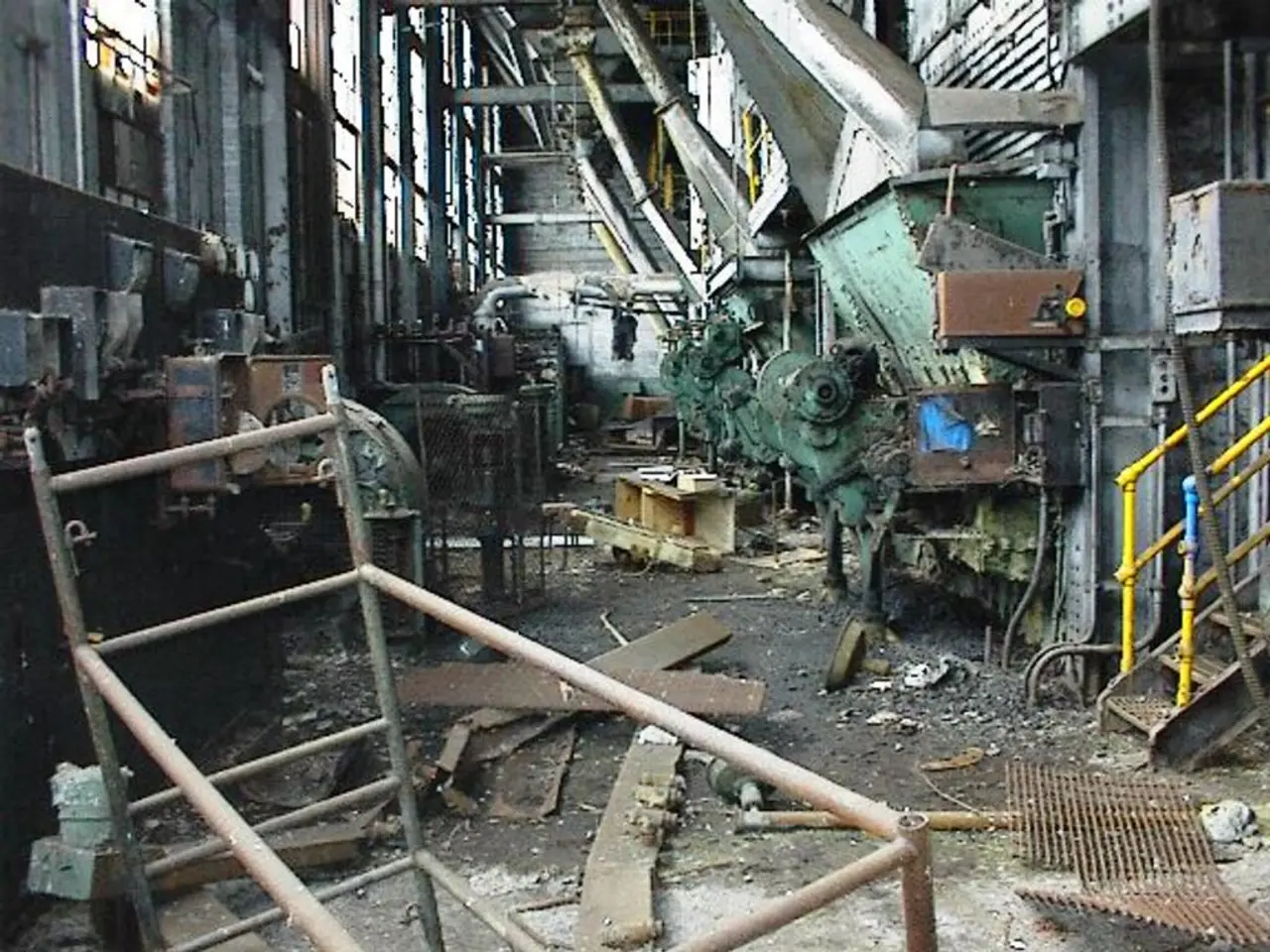Disappearing Equipment Under Supervisor's Oversight: Employee Meticulously Records Every Incident, Leadership Responds
In the world of business, inventory discrepancies are a common occurrence that can often be overlooked by managers due to various reasons. A recent case involving an unnamed worker in a certain industry highlights the consequences of such delays and the importance of leadership accountability.
HR expert Samuel Akinlotan explains that managers sometimes delay addressing critical issues like inventory discrepancies due to juggling tasks, hoping problems will resolve themselves, or fearing disruption. This approach, however, can breed cynicism and damage trust, potentially driving talented workers away.
In this particular case, the worker, who was in charge of inventory, repeatedly reported missing equipment to his boss but was dismissed. Over the course of a year, he was ordered to redo the inventory multiple times, noticing the issue was being ignored. Realizing the boss was stalling until his departure, the worker used an anonymous survey to report everything with evidence.
The information got to the top quickly, leading to all the bosses being fired. The worker is now working under new leadership that is actively fixing the problem.
This situation is not unique, as employees who are repeatedly asked to redo tasks they believe serve only to protect leadership rather than fix problems may feel undervalued, frustrated, disengaged, and saps motivation. Ignoring small problems often lets them spiral into bigger ones, and addressing issues promptly keeps operations smooth and builds trust and empowers teams.
Delays create frustration and confusion among employees, because staff notice something's wrong but don't see any steps being taken. Without leadership accountability, employees feel disconnected and morale suffers. Accountable leaders create a culture of transparency and integrity, making workers feel valued and safe to speak up or take risks.
Leadership accountability is the cornerstone of trust and morale, as leaders who take responsibility, admit mistakes, and keep their promises set a powerful example. In this case, the new leadership has proven to be accountable, taking swift action to rectify the inventory issue.
This incident also highlights the importance of clear protocols and effective cross-team cooperation. Without established escalation procedures, managers might delay actions due to uncertainty about responsibilities or communication breakdowns.
In the military, where shared equipment is crucial, similar issues can be even more severe. The worker in this case, who had five years of experience in a certain branch of the military, noticed a lot of shared equipment starting to disappear.
Netizens expressed familiarity with military inventory and its leadership flaws, noting how serious missing equipment can be, but also how absurd the bureaucracy gets, and expressing frustration with leadership and systemic issues.
In conclusion, prompt and systematic investigation, supported by escalation protocols based on discrepancy magnitude and cross-functional cooperation, is critical to prevent problem escalation and ensure inventory integrity. Effective prevention requires timely recognition, communication, collaboration, and resource allocation.
- Science can play a significant role in workplace-wellness by providing insights into how delays in addressing critical issues like inventory discrepancies can impact employee health and motivation.
- In the realm of business careers, exhibiting leadership accountability, as seen in the new management of the company from the given case, can positively affect finance by reducing losses due to inventory discrepancies and fostering a productive and trusting work environment.
- Effective health-and-wellness programs within organizations should include strategies for promoting leadership accountability, as accountable leaders are instrumental in creating a positive business culture that supports employee well-being and encourages open communication.




